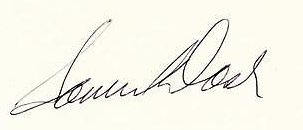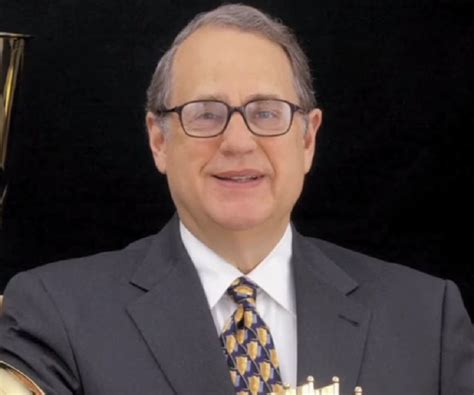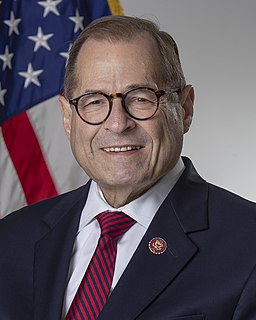A Quote by Samuel Dash
Unless you have a perception of who you are as a lawyer, you will never be at ease in dealing with legal matters, clients, or courts. But if you know who you are and why you're there, all you need is the expertise and the information.
Related Quotes
Deal with just the basic fact: we will never have enough money for lawyers for poor people. So one of our major initiatives has been to develop new technologies that can help people without a lawyer navigate the legal system, and help sort the cases that really need to have a lawyer from those where an individual with some help online, may be able to manage by him or herself.
I'm dealing with Mexico, I'm dealing with Argentina. We were dealing in this case with Mike Flynn. All this information gets put into The Washington Post and The New York Times, and I'm saying, what's going to happen when I'm dealing on the Middle East? We've got to stop it. That's why it's a criminal penalty.
We have to remember that information sharing is restricted by legal barriers and cultural barriers and by the notion that information is power and therefore should be hoarded so if you share information you can extract something in exchange. In today's digital online world, those who don't share information will be isolated and left behind. We need the data of other countries to connect the dots.
It is important to remember that value investing is not a perfect science. It is an, with an ongoing need for judgment, refinement, patience, and reflection. It requires endless curiosity, the relentless pursuit of additional information, the raising of questions, and the search for answers. It necessitates dealing with imperfect information - knowing you will never know everything and that that must not prevent you from acting. It requires a precarious balance between conviction, steadfastness in the face of adversity, and doubt - keeping in mind the possibility that you could be wrong.
A man who imagines that because he has a head full of knowledge that he is sufficient for these things had better start learning again. 'Who is sufficient for these things?' What are you doing? You are not simply imparting information, you are dealing with souls, you are dealing with pilgrims on the way to eternity, you are dealing with matters not only of life and death in this world, but with eternal destiny.
Let's put it in perspective at the United States Supreme Court, which hears maybe 60 cases a year, most of the cases are resolved without much dispute. The 10 or 15 that are controversial we all know about, and we hear about. The federal courts hear just a tiny sliver of the cases that go to court in this country. Most of the cases are in the state courts. And most legal issues never go to court. So, the legal system is actually not in jeopardy. At the same time, access to law is in jeopardy.
This is true in other fields, too, that a legal aid lawyer gets a whole lot less money than a Hollywood lawyer who handles the estates of celebrities. Maybe the legal aid lawyer is doing something better, though, and maybe they're happier. It's not a completely unheard of idea, but I do think we have to remind ourselves at times to look for satisfaction in other ways.
The fact that I am constantly immersed in the act of legal writing and editing has made me a better and more efficient creative writer and editor. In the end, lawyers need to tell compelling stories when they write a brief or other legal argument. A successful lawyer understands that the judge is merely a person who is going to read that brief, which should articulate a compelling reason for the judge to rule in that lawyer's favor. In other words, a legal advocate needs to get the judge to care. That's not dissimilar to what a creative writer does.
The lawyers have escaped most criticism [and undeservedly so]. The tax shelters [were approved by lawyers, who got paid huge commissions to do so] and every miscreant had a high-falutin' lawyer at his side. Why don't more law firms vote with their feet and not take clients who have signs on them that say, "I'm a skunk and will be hard to handle?" I've noticed that firms that avoid trouble over long periods of time have an institutional process that tunes bad clients out. Boy, if I were running a law firm, I'd want a system like that because a lot of firms have a lot of bad clients.



































